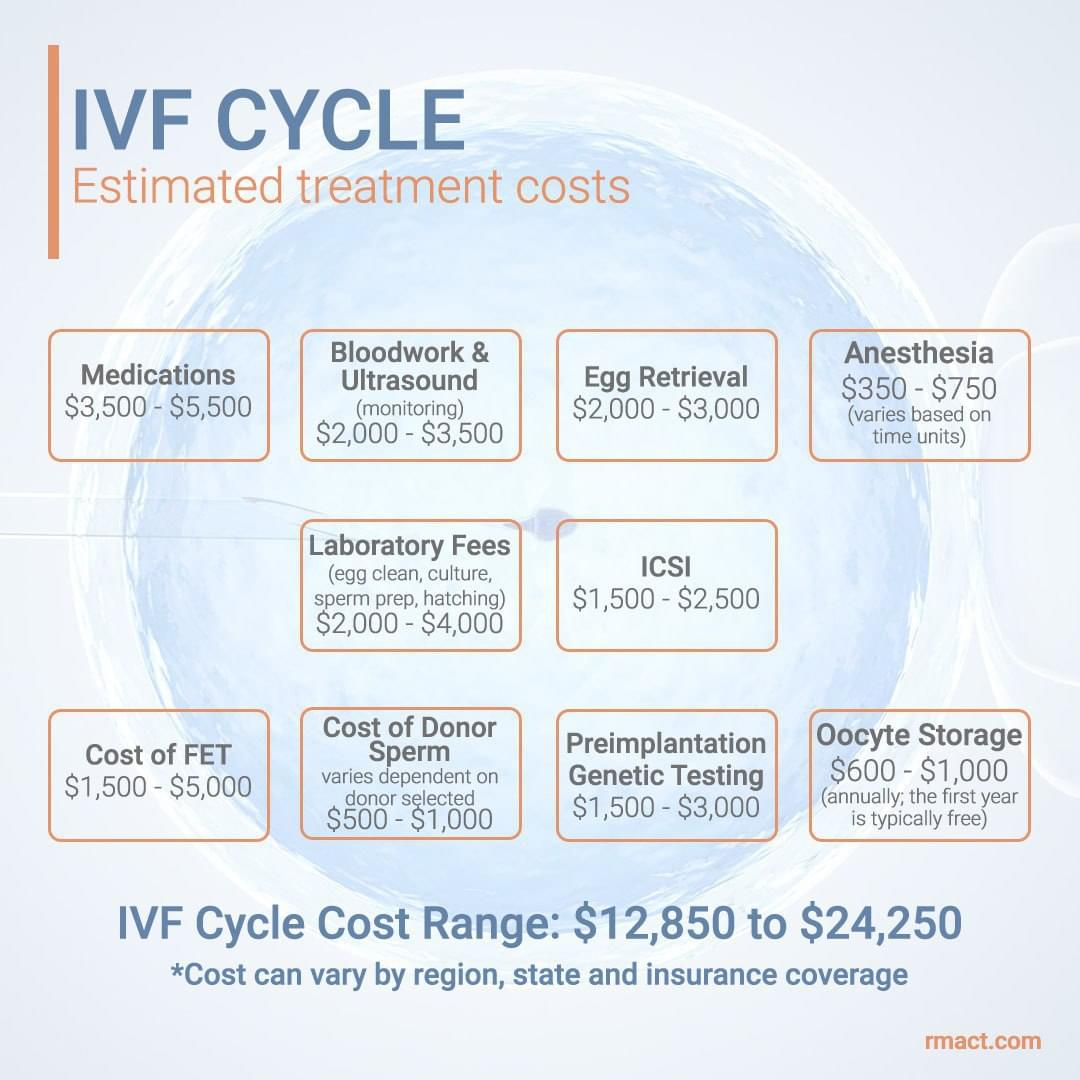Introduction
In vitro fertilization (IVF) signifies a beacon of hope for numerous folks and couples grappling with infertility. Above the past several a long time, advances in reproductive technologies have not only enhanced the odds of conception but also opened the doorway to a groundbreaking process: preimplantation genetic analysis (PGD). PGD makes it possible for for the genetic screening of embryos in advance of they are implanted in the uterus, ensuring that only embryos without recognized genetic problems or abnormalities are chosen for being pregnant. As we navigate by way of the twenty first century, PGD stands at the forefront of reproductive medicine, heralding a new period of genetic screening that promises to reshape the upcoming of IVF.
The Evolution of IVF and Genetic Screening
IVF has undergone a radical transformation considering the fact that the start of Louise Brown, the world’s initial “examination-tube newborn,” in 1978. Early IVF strategies ended up marred by small results charges and confined understanding of embryonic development. The introduction of genetic screening was a recreation-changer, enabling embryologists to analyze the genetic makeup of embryos and choose those people with the optimum prospective for a balanced pregnancy.
The Advancement of Preimplantation Genetic Analysis
PGD is a specialized technique that requires removing just one or a lot more cells from an IVF embryo to take a look at for particular genetic conditions just before the embryo is transferred to the uterus. Originally designed to display screen for sexual intercourse-linked issues, PGD has expanded to include a wide range of genetic and chromosomal abnormalities.
Comprehension the Genetic Screening System
The process of PGD begins with the typical IVF cycle, the place eggs are harvested and fertilized in the lab. After the embryos reach the blastocyst stage, a few cells are biopsied and analyzed using one particular of many genetic screening strategies, these types of as polymerase chain response (PCR) or subsequent-era sequencing (NGS). These strategies enable for the detection of solitary-gene problems, chromosomal abnormalities, and even the opportunity for inherited most cancers syndromes.
The Ethics of Genetic Screening
As with many advances in biotechnology, PGD brings with it a host of moral factors. The capacity to pick embryos centered on genetic criteria has sparked debate around the strategy of “designer babies” and elevated fears about eugenics. Ethicists and healthcare specialists continue to grapple with these issues, striving to obtain a harmony involving the rewards of genetic screening and the ethical implications of genetic variety.
The Impression of PGD on Genetic Issues
PGD has experienced a profound impact on the prevention of genetic ailments. click to read more with histories of heritable disorders like cystic fibrosis, Tay-Sachs disease, or Huntington’s illness now have the choice to bear youngsters with out the worry of passing these disorders on. This has not only lessened the incidence of specified genetic issues but also alleviated the psychological and economic load on households and healthcare methods.
Advancements and Innovations in PGD
The industry of PGD is consistently evolving, with new technologies improving its precision and scope. The arrival of extensive chromosomal screening (CCS) permits for the investigation of all 23 pairs of chromosomes, making certain that only embryos with the right number of chromosomes are implanted. This has considerably minimized the possibility of miscarriages and improved the accomplishment fees of IVF.
The Position of PGD in Relatives Balancing and Gender Assortment
1 of the more controversial features of PGD is its use in relatives balancing and gender range. Some argue that the skill to decide on the intercourse of one’s child is a purely natural extension of reproductive liberty, when others be concerned about the social and demographic implications of these types of options. Nevertheless, in situations where by gender-unique genetic issues are a issue, gender collection stays a critical factor of PGD.
The Upcoming of PGD: Increasing the Options
As we glance to the foreseeable future, PGD is poised to grow in capabilities. Study into polygenic danger scores could enable PGD to display screen for intricate disorders like heart condition or diabetes, which are affected by many genes. There is also the opportunity to use PGD in conjunction with gene modifying technologies like CRISPR, to not only pick but also correct embryos at the genetic stage, whilst this remains ethically and legally contentious.
Authorized and Regulatory Things to consider
The regulation of PGD differs noticeably around the earth, with some nations embracing the technological innovation and some others imposing strict restrictions. As the science progresses, policymakers will be challenged to generate frameworks that ensure moral purposes of PGD even though supporting scientific advancement.
Summary
Preimplantation genetic diagnosis stands at the intersection of genetics, medication, and ethics, providing unprecedented regulate over the genetic overall health of potential generations. Its integration with IVF has previously increased the potential clients of would-be mothers and fathers to have healthful children and promises to carry on its trajectory of innovation in the realm of reproductive health and fitness. As we advance, it is critical that we consider the ethical implications and lawful frameworks vital to manual the liable use of this strong technologies. The long run of PGD in IVF is not just about the science of genetics, but also about the values we as a culture pick out to uphold
